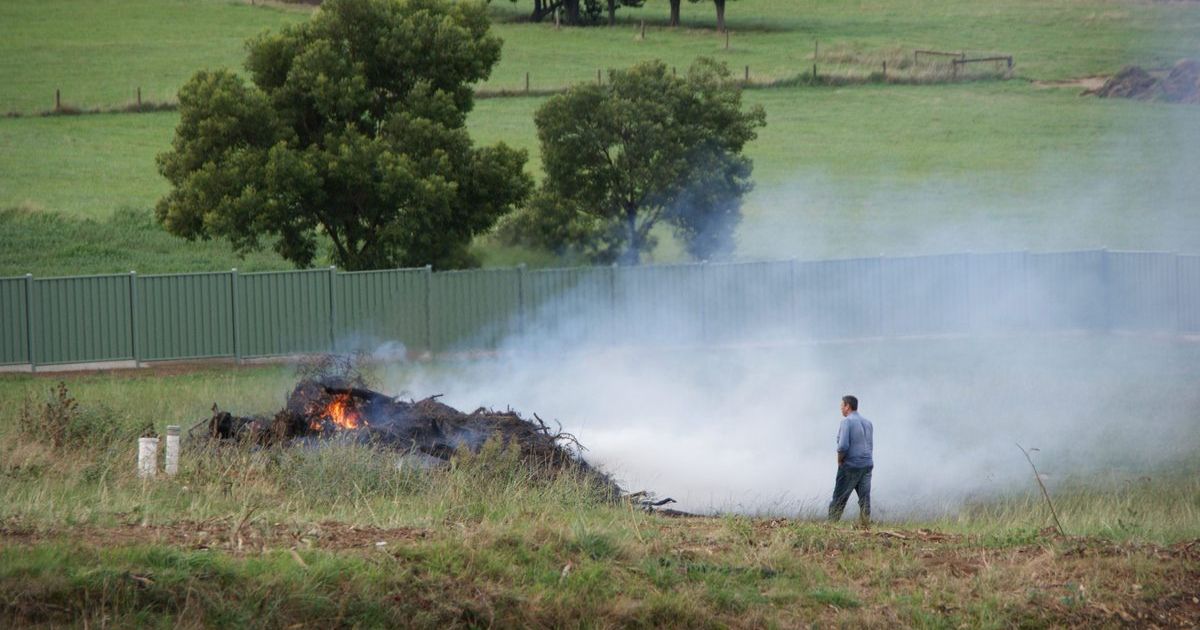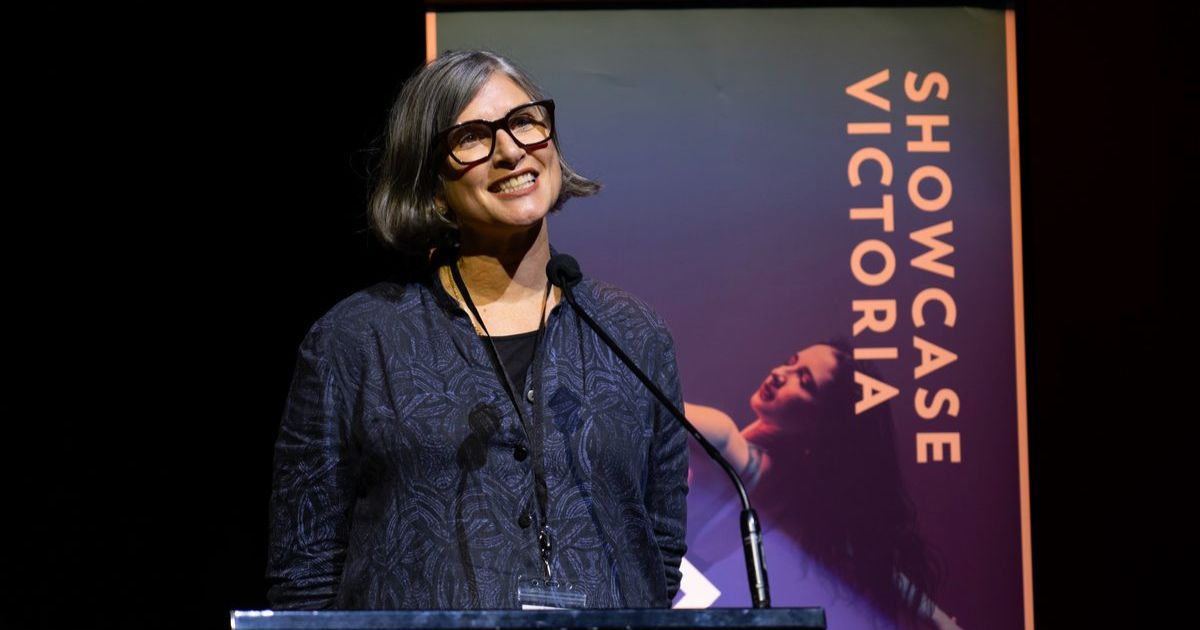Two major events revealed at gallery
IT was a big week for the Art Gallery of Ballarat recently with the announcement of the major winter exhibition, and the opening of another display.
Coming to warm the region this cold season are pre-Raphaelites works from The Ashmolean Museum in Oxford in England, with the pieces on show for the first time in Australia.
Titled Pre-Raphaelites: Drawings and Watercolours, the touring works will be shown alongside contemporary and Australian creations inspired by the creative movement.
The Pre-Raphaelites, also known as the Pre-Raphaelite Brotherhood, was a creative movement founded in England in 1848.
“We are thrilled to be partnering with the renowned Ashmolean Museum to bring this stunning exhibition to Ballarat,” said Art Gallery of Ballarat director Louise Tegart.
“These little seen artworks show a different side to the Pre-Raphaelites than the paintings that have been reproduced widely.”
Me Tegart said the Pre-Raphaelite movement was forward-looking with devotees seeking to paint with originality by studying nature, celebrating their friends and heroes, and taking inspiration from art and poetry.
“Pre-Raphaelites Thomas Woolner and Bernhard Smith made their way to the Ballarat goldfields and continued their artistic careers furthering public knowledge of the movement in Australia,” she said.
“Relatives of various members emigrated to Australia and did much to promote the Brotherhood.
“I know this is going to be an exhibition that will capture the public’s imagination as it provides an insight into the life and loves of this special group of artists.”

A day before the major winter announcement, a second exhibition was unveiled at the Gallery.
A University of New South Wales collection, Pliable Planes: Expanded textiles and fibre practices opened last Thursday on the first stop of a nationwide tour.
The exhibition brings together creatives who seek to reimagine textiles and fibre art and experiment with a range of elements within their craft.
It features the work of 12 leading Australian artists.
Co-curator Karen Hall said she was inspired by the desire to move beyond is traditionally considered textiles art.
“We put together the exhibition using the idea of textiles and fibre being as expansive as possible and using a lot of different techniques and materials,” she said.
“I’d been thinking about textiles and fibre arts for a long time and I was really interested in artist and theorist Anni Albers, who in the 1950s did a lot of writing about textiles.
“The exhibition title is from one of her essays the Pliable Plane and it was really about wanting to surprise and using the techniques but doing it in a completely different way.”
Ms Hall said people are often surprised when the see the works.
“People didn’t realise that you could see a ceramic work that was woven or that textiles can be used to make sound works and video works,” she said.
“For me that’s the most enjoyable part of the exhibition.
“It’s really just about those lifelong learning experiences and opening up the possibilities for people to experiment.”



















